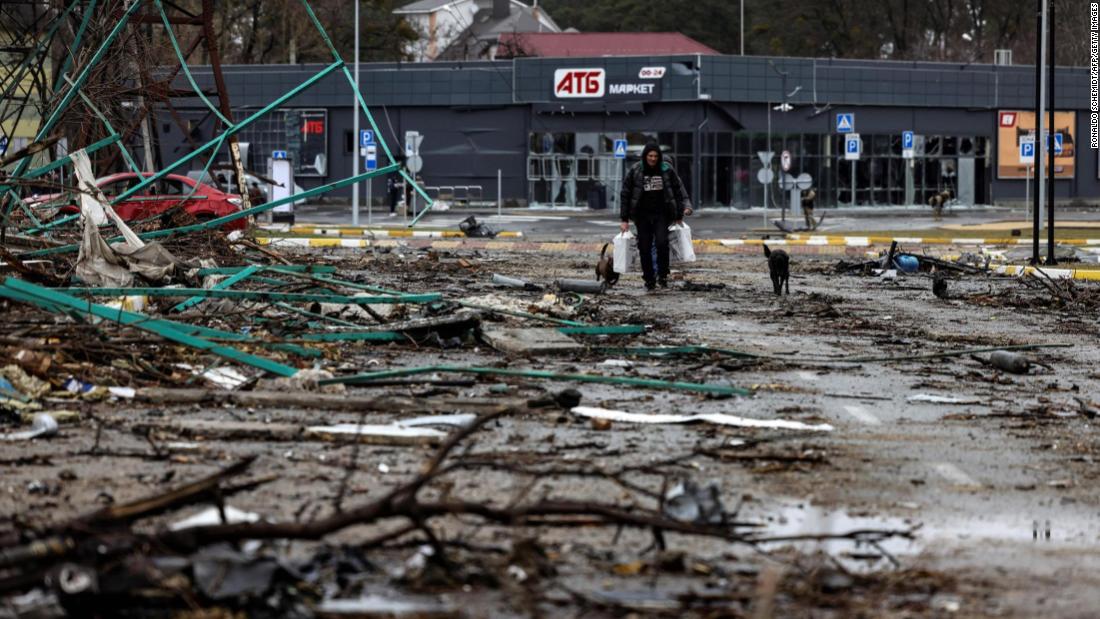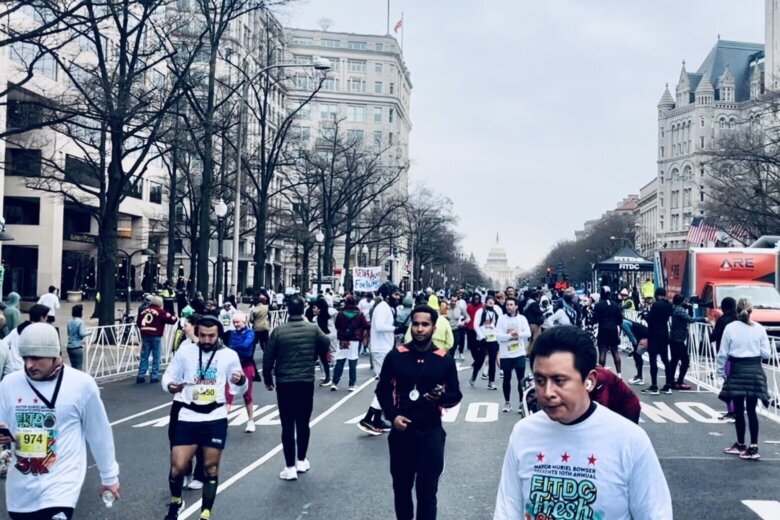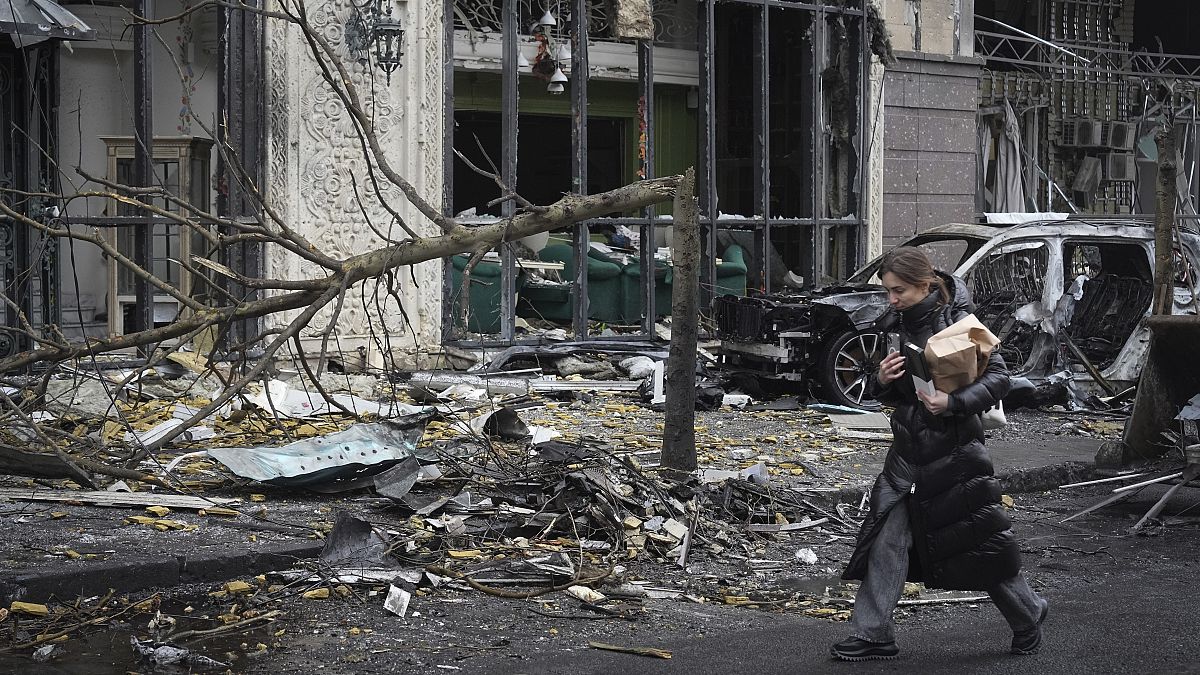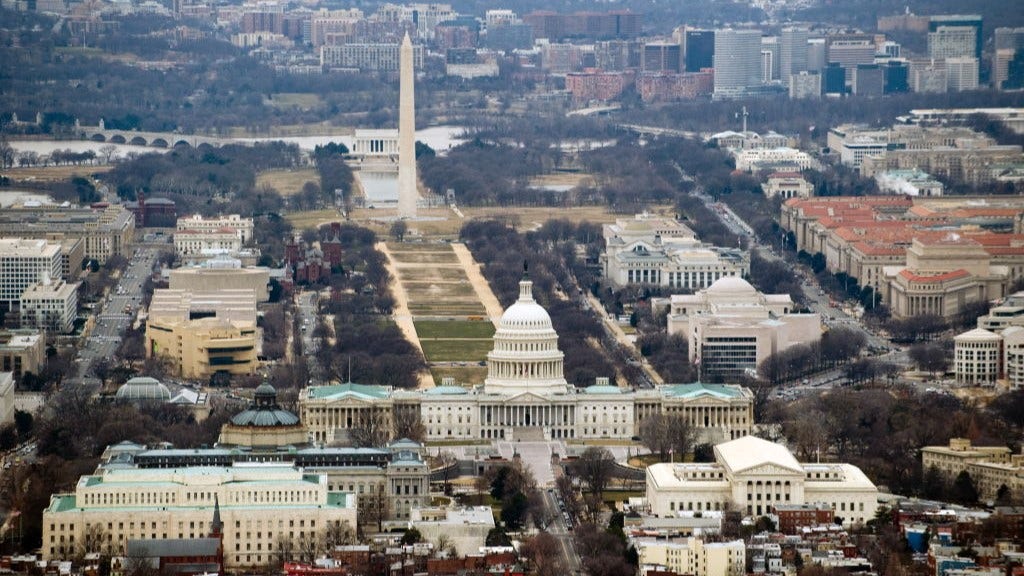Vladimir Putin has apologised to Azerbaijan for what he described as a “tragic incident” involving an Azerbaijani aircraft in Russian airspace on Christmas Day.
Moscow phoned Azerbaijani president Ilham Aliyev and the Russian president expressed “deep and sincere condolences” to the families of those affected, the Kremlin’s press office said on Saturday.
The Azerbaijan Airlines Embraer 190 plane was flying from Baku to Grozny on Christmas Day when it diverted across the Caspian Sea and crash-landed near Aktau, Kazakhstan, killing 38 of the 67 people on board.
Senior US and Ukrainian officials blamed Russian anti-aircraft fire for the crash.
Although the Kremlin’s statement on Saturday did not explicitly confirm that Russian air defence systems were responsible, it did not deny the allegation.
The aircraft “repeatedly attempted to land at Grozny airport” while Ukrainian combat drones were attacking nearby cities and Russian air defences were “responding to these attacks”, according to the Kremlin.
“Vladimir Putin apologised for the tragic incident that occurred in Russian airspace”, the statement said.
A Russian investigative committee has opened a criminal investigation into alleged violations of aviation safety regulations, with “civilian and military specialists being questioned”, the statement added.
Azerbaijani, Kazakh and Russian officials are already conducting an official investigation, led by Baku.
Putin’s carefully worded acknowledgment sharply contrasts with Moscow’s repeated denial of responsibility for the 2014 downing of Malaysia Airlines flight MH17, which investigators attributed to a surface-to-air missile fired from territory held by Moscow-backed rebels in eastern Ukraine. A court in the Netherlands has found three men with links to the Russian military guilty of murder for their roles in the incident.
Richard Giragosian, director of the Regional Studies Center, a Yerevan-based think-tank, said the Kremlin’s statement “was both unexpected and out of character” for Putin.
He said the move “reveals the overall weakness of Russia’s position” as Moscow pursues its war in Ukraine. Putin clearly “values his relationship with Turkey, Azerbaijan’s patron state, over all else”, he added.
Andrey Kolesnikov, a Moscow-based political scientist, said that as a result of the plane crash, “Azerbaijani society has overnight become anti-Russian”.
Russia’s main aviation authority had initially suggested that the Kazakhstan crash was caused by a bird strike to the plane’s engine. Azerbaijan’s president said he had been told the plane had been diverted due to poor weather conditions.
On Friday John Kirby, the US National Security Council spokesperson, said there were “early indications” that the plane had been hit by Russian air defences. Rashad Nabiyev, Azerbaijan’s transport minister, said on the same day that the crash had been caused by a weapon impact.
Survivors, including passengers and crew, have described explosions outside the plane as it flew over Grozny.
On Thursday, the head of Russia’s main aviation authority Dmitry Yadrov admitted that air conditions around Grozny had been “very difficult” due to attacks from Ukrainian combat drones.
In response to the catastrophe, five airlines have suspended some flights to Russia.
Turkmenistan Airlines suspended its route from Ashgabat to Moscow while Azerbaijan Airlines, Kazakhstan’s Qazaq Air and the UAE’s Flydubai all suspended routes to southern Russia. Israel’s El Al has suspended its Tel Aviv to Moscow route.
Additional reporting by Robert Wright in London























/cdn.vox-cdn.com/uploads/chorus_asset/file/24924653/236780_Google_AntiTrust_Trial_Custom_Art_CVirginia__0003_1.png)




/cdn.vox-cdn.com/uploads/chorus_asset/file/25672934/Metaphor_Key_Art_Horizontal.png)

